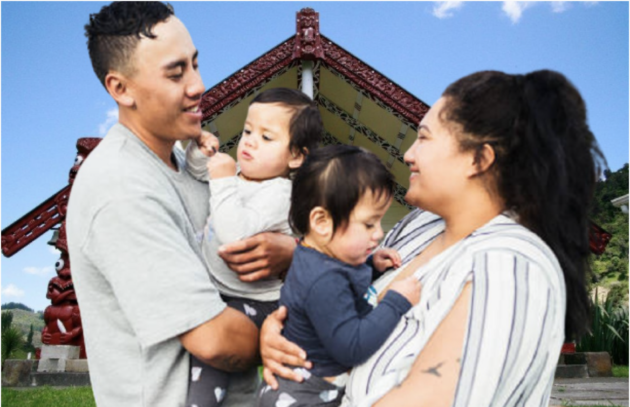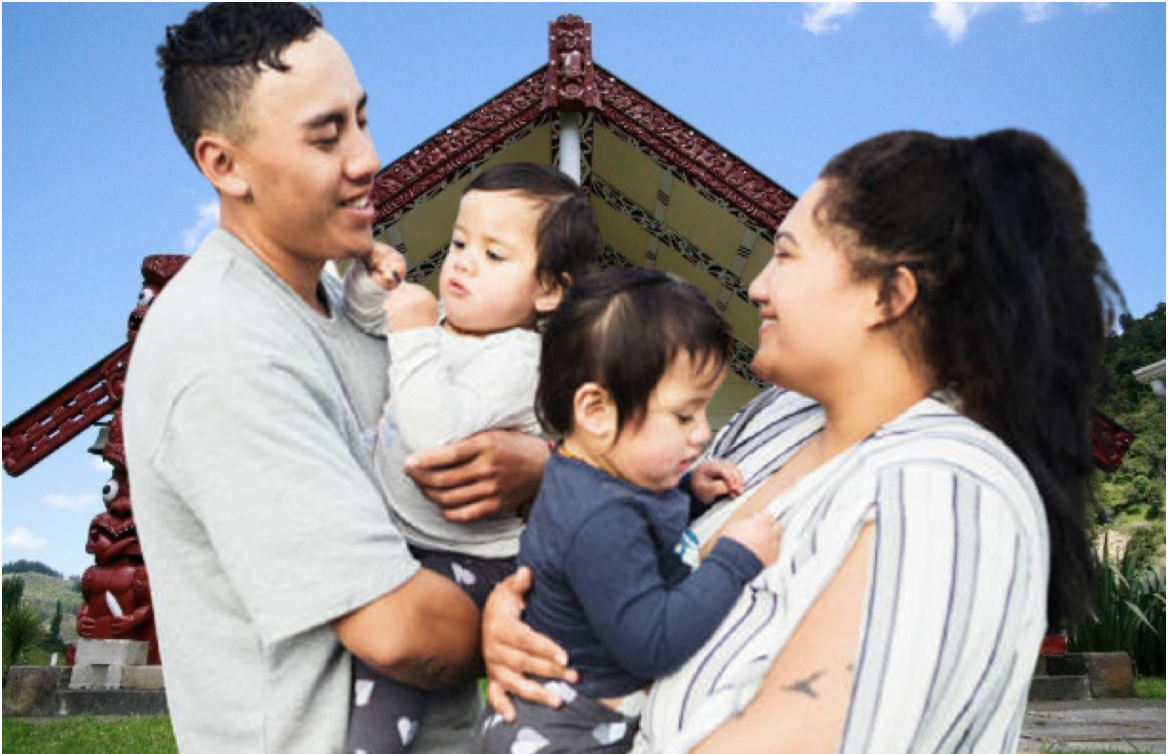Michael Bassett’s article on the BFD late last week concerning Oranga Tamariki and the resignation of its CEO provided real food for thought. I am in agreement with what he has to say. The problem that needs addressing here is one that goes beyond just the children. What needs looking at is the lifestyle a lot of Maori families choose to lead. This lifestyle is largely to blame for the statistics relating to the high number of Maori in prison, the number of Maori in gangs, and the number of Maori involved in drugs and crime in general and in child neglect and abuse. What we are talking about here is not all Maori, but what Michael Bassett calls the underbelly of the underclass.
No ethnicity is perfect but statistics don’t lie and there is an issue of some magnitude that Maori themselves have to address. It’s their problem and no one else’s. This is what the kuia are saying and they are correct. Where they lose the plot, so to speak, is falling into the old traps of playing the race card or blaming colonialism. By doing that all they are doing is giving the impression they are looking for excuses. If they think the majority of Kiwis buy into that line of thinking then they are very much mistaken.
To trot out those historic reasons, even if they were correct, does nothing to solve their many social ills. There has to be new ideas and a new way. First up would be to get government right out of it. Governments historically are no good at solving anything and the current lot are an exemplary case in point. A government department, no matter how well intentioned, is not the answer. Within that structure comes the inevitable rules, regulations and red tape. It’s been proven not to work and it never will.
These people might blame colonialism for their problems which I suppose can be used as a reason to ask for colonial monies to help provide the cure. Again, as history has proven, throwing money at the situation is not the answer either. Money, as the saying goes, is the root of all evil, not the cure for it. Maori need to go away, take ownership of the rotten underbelly of their people and work out what to do about it. That doesn’t require money, it requires answers as to what solutions Maoridom can implement whereby the people that need help can get it.
If there are Maori strategies for Maori that provide the answer we should all applaud. The Maori economy is such that they should be able to resource the people, the expertise and the funds to take matters into their own hands and work with their iwi and other relevant groups to tackle the problem head on. This concept would allow Maori to work independently of Government and put the responsibility and task of improving the lot of their people where it belongs, on their doorstep.

There is then no comeback on anybody else, be it a government department or the head of that department, nor any criticism regarding race or colonialism. This would be Maori operating in the interests of Maori devoid of any government hindrances. History has proven that government intervention in this area is not aligned with Maori thinking. The kuia have proven this by being very unhappy with an Irish CEO of Oranga Tamariki even though during her time in charge fewer children and young people had entered care, social worker caseloads had been reduced, investment in iwi/Maori services had doubled and the agency had developed new whanau care partnerships with iwi and Maori organisations.

Looking at that list of achievements, Grainne Moss is the last person I would have thought should resign. Ahead of her, I would have put the Race Relations Commissioner, the Children’s Commissioner and, of course, the Minister. In my view, these kuia have an agenda, Maori for Maori. It is an agenda I don’t object to but they should fund it themselves.
Please share this BFD article so others can discover The BFD.

